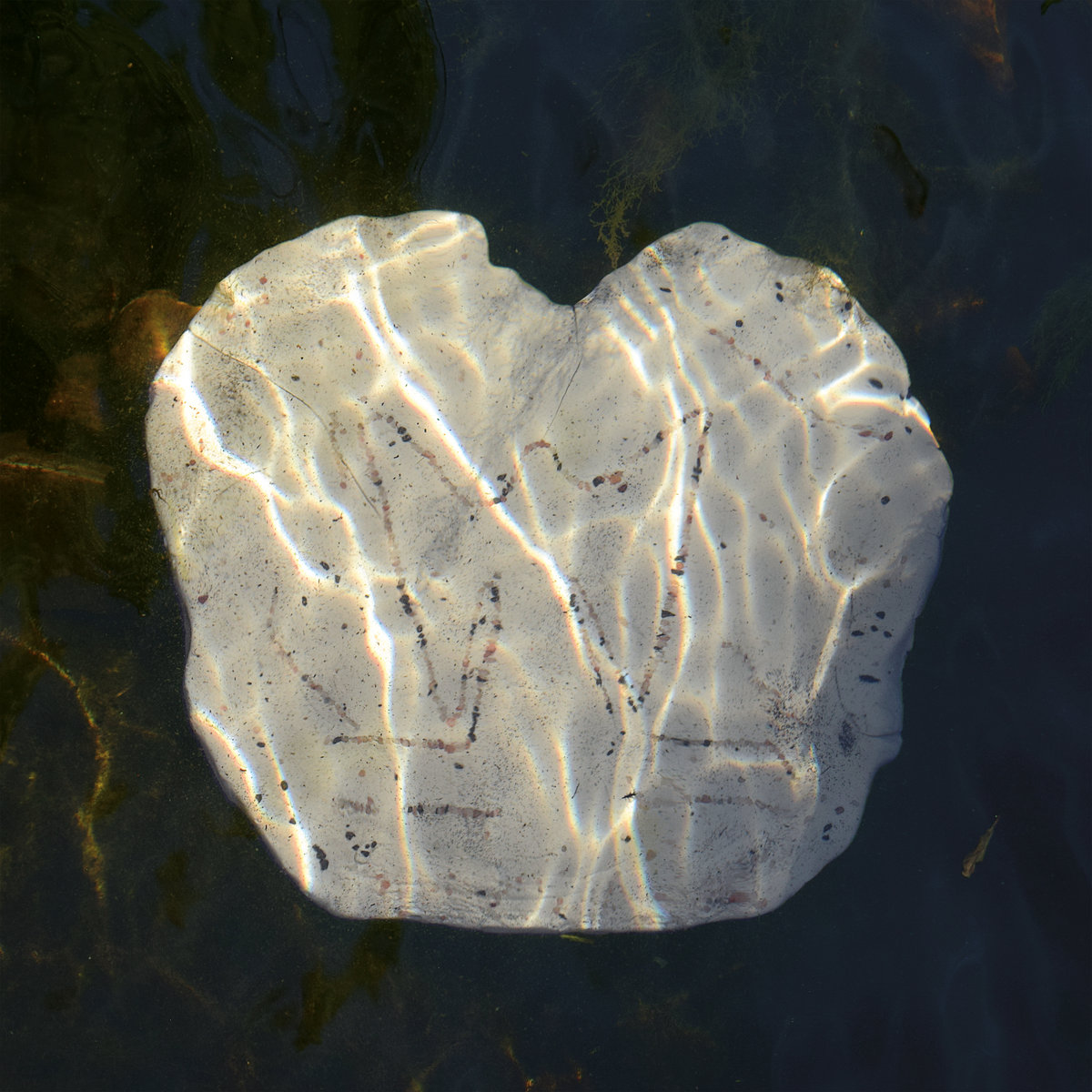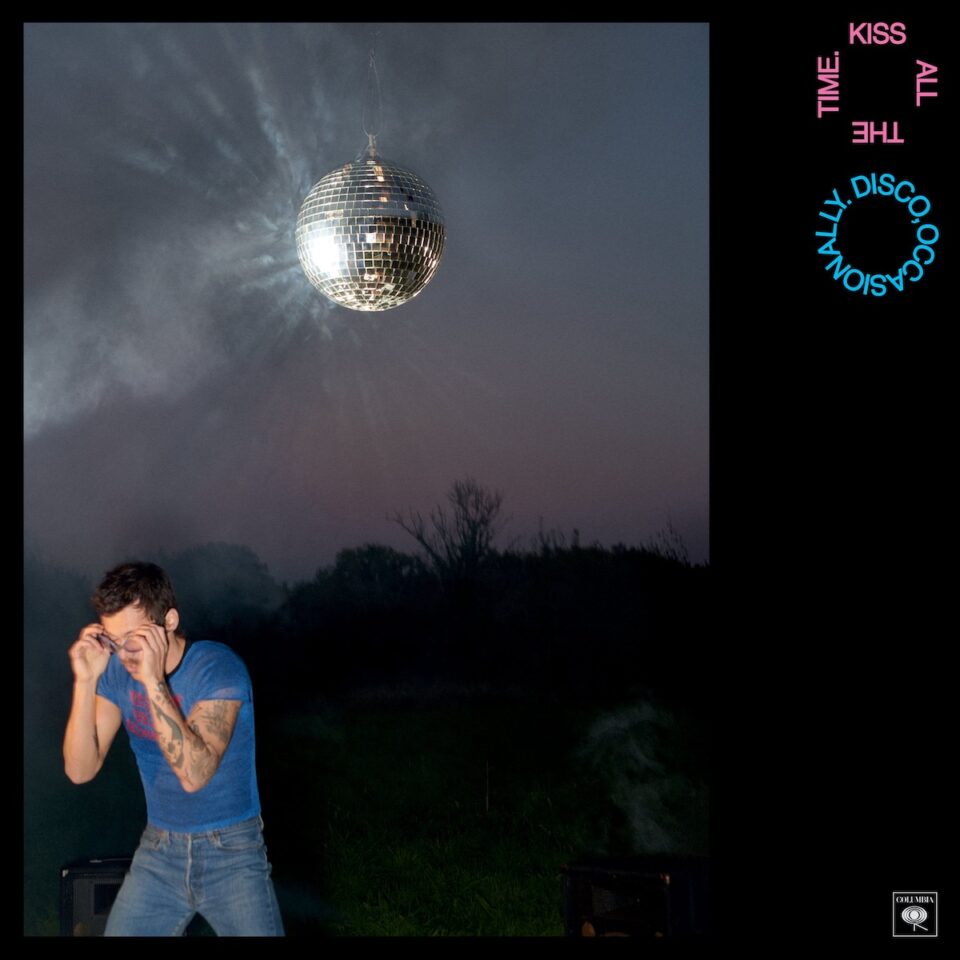N NAO
L’eau et les rêves
Mothland
Lucid dreaming is the process of controlling one’s dreams, sometimes to blissful or chaotic effect. This is what listening to N NAO’s new record L’eau et les rêves feels like: witnessing another person’s inner psyche, imagination, and creative journey be controlled in real yet fragmented time. It’s experimental dream pop in every sense of the phrase—it’s no wonder that each single has a Super 8 film created by lead songwriter Naomie de Lorimier accompanying it, exploring nature through a vintage technological lens, adding to the music’s vividness.
As you can tell from the title, water is de Lorimier’s muse in life and music. With a simple understanding of French, many of the lyrics on L’eau are about the grandeur of the natural world, sometimes a form of eco-activism, though N NAO never hits you over the head with this message. Instead, these themes are left for the listener to sink into should they wish. Much like staring at a stream of running water in the countryside, L’eau is almost transcendental in its composition. Repeating and looped vocal phrases sung by de Lorimier are greeted by an alluring synth-pop melody that continues to morph with avant-garde piano lines and a trove of synth tricks during “Tout va bien.”
N NAO—made up of de Lorimier and a slew of talent in Montreal’s local scene: Charles Marsolais-Ricard, Samuel Gougoux, Lysandre Ménard, and Étienne Dupré—have found a niche in this form of experimental pop, sometimes feeling like a blend of Radiohead and Cocteau Twins, as heard on opener “Saison des orages,” or the baroque pop of Françoise Hardy, per “Pangée.” One aspect of L’eau et les rêves that stands out is the gradual and astonishing builds that feature a sonic cornucopia of instrumentation, but still feel accessible. There are even a few field recordings, exemplifying another unconventional songwriting style made fluid.
Perhaps with the exception of “Aquin,” the songs on L’eau usually start with a simplistic guitar or vocal line that becomes the glue that holds the composition together; then they’re expanded upon, sometimes in a fury, sometimes in a light trance. Closer “Fin du monde” is probably the best indicator of both styles in its light, graceful vocals contrasting with sinister and tense bass synth mixed with motorik drumming. It truly sounds like the world is ending for the last half of that song.
L’eau et les rêves is an album of experimental music, but a form of it that any listener can latch onto. And in a day and age where attention spans dwindle faster than spreading forest fires, that’s no small feat.







